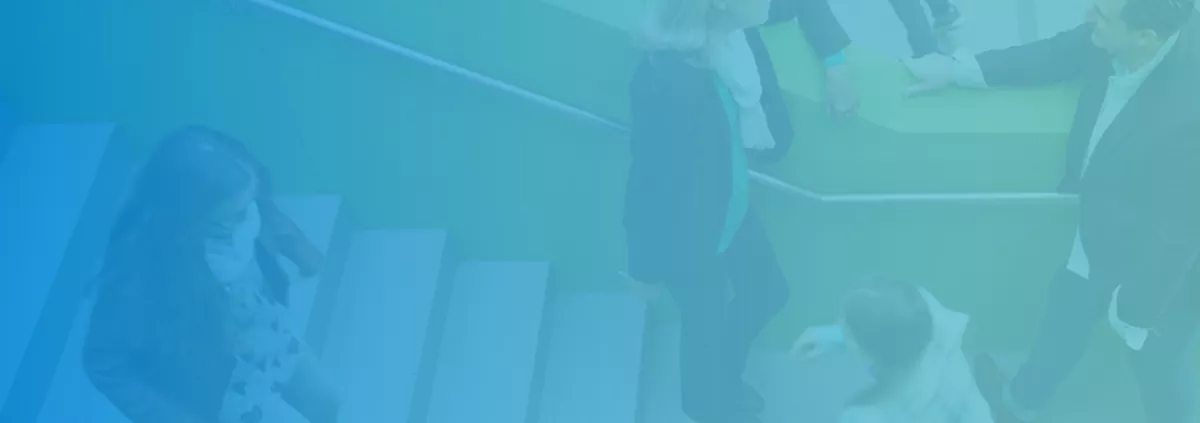“I never teach my pupils, I only attempt to provide the conditions in which they can learn” said Albert Einstein. Not teaching when you are a teacher might seem counter-intuitive, but is it that surprising?
? We live in a constantly evolving world with brand new and massive global challenges. We don’t know which problems students will have to face in their future lives, let alone the solutions to these problems.
So, shouldn’t we prepare students to learn by themselves, to adapt to new contexts, to find creative solutions to problems?
?? What will be expected from them in the professional world is clearly different from what was expected decades ago. Most of them will be expected to solve problems by using computer tools, by navigating the internet and its set of reliable and non-reliable information, by collaborating with others. Schools are actually almost the only place where these elements are considered as cheating.
Then is school really preparing them for what they will have to face?
? Numerous schools are now giving importance to new forms of learning such as #projectbasedlearning, allowing students to develop knowledge as well as hard and soft skills through solving challenges.
? Others give more autonomy to students to learn. Students have actually shown to learn quite well by teaching each other and by exploring. An interesting example is the one of Professor Mitra who installed, in a New Delhi slum, a computer with online access and some programs but no instructions. Children then started to use the computer, to explore its possibilities, to go online to download games and music. Each time they asked them how they had learnt, they answered that they had taught themselves.
✨ But that doesn’t mean that teachers should disappear. What if teachers acted as mentors or learning facilitators, rather than as lecturers? Some teachers already do. Students can find online resources about almost everything on the internet, but finding a mentor, someone that provides a good learning environment, guides your exploration, challenges what you propose, encourages you to go deeper, is more complicated. Being a learning facilitator is different from giving a lecture, but it is still crucial role.
? At first, it might be overwhelming for teachers to move away from what they are used to and to reinvent their role. But with willingness, methodology, support, and inspiration from other schools, it is absolutely possible!
➡️ If you have willingness, then we will provide you with everything else you need. Find out more and sign up for one of our intro workshops (there is one this Wednesday at 4pm GMT / 18h CET): (re)School Sprint - InnovationHub
What if TEACHERS STOPPED TEACHING?

Comments (5)
When I first read the title, I thought it was an intriguing question: what if teachers stopped teaching = working? What if there were no teachers? What would we do without teachers? I thought the post would be about the value of teachers. Then, I read on and discovered the negative connotation ascribed to teaching in this context, which I found off-putting. I think teachers do act as mentors and facilitate learning through projects. Most of my experiences as a student and a teacher have been collaborative. When given the means, teachers do a wonderful job in getting students involved in their own learning. Teachers are not the problem. The systems in place are the problem. The questions I would like answered are: what if teachers were ALLOWED to teach? What if we removed layers of bureaucracy so that teaching and learning could take place?
Thanks for your response! Yes, the school experience does need to be re-thought. In many places, school hasn't really changed since the the 19th century. However, there is no one-size fits all solution. Every community is different. The wealth of experience and knowledge teachers have cannot be underestimated. Teachers are part of the solution, though their role may very well have to evolve.
I could not agree more, each school has its own constraints and each community has its own needs and aspirations. Why is actually why we don't want to provide schools with a ready-to-use solution (which as you say would be a one-size-fits-all solution that does not exist!), and on the contrary we try to provide them with methodology and support to go through their own innovation journey.
Yes, design thinking has many applications and has already been used extensively in rethinking educational systems. Here is one of many examples: https://www.codesigningschools.com
Please log in or sign up to comment.
I agree with you, lots of teachers want to involve students and are trying to (and some do a pretty good job at it!). But as you said they are not always allowed to, they are not always given the means to. I didn't mean to criticize the job done by teachers and I totally agree with what you say about what if we allowed them to, and helped them to. What I have in mind is actually the change that could be done to rethink the whole school experience, not just at the classroom level. And you're right, I probably should have phrased it as 'What if teachers were allowed to teach?'!